If you think the gut microbiome, with its reciprocal combination of prebiotics and probiotics, sounds like a setting for a science fiction story, you have guessed somewhat correctly. This setting is a scientific fact, not fiction, and is located on and in our bodies, specifically within our digestive system.
This complex yet efficient gathering of microbes like bacteria, viruses, fungi, and their genetic material plays a critical role in our digestive health and overall health. These trillions- yes, that is trillions with a T- of microscopic creatures assist with food digestion, metabolism, the absorption of nutrients, and the strength of our immune system. They are small but mighty.
Unsurprisingly, health-related topics focus significantly on gut health within our microbiome. And prebiotics and probiotics receive a fair amount of attention when making strides to improve the health of our gastrointestinal tract.
Prebiotics
They are the nourishment for all living organisms we need in our gut. Basically, they are plant fibers that we eat but can't digest. However, luckily the residents of the gut microbiome will happily ingest these for sustenance and growth. We already include many prebiotic foods in our diets: whole grains like barley and oats, apples, bananas, garlic, tomatoes, legumes, and soybeans.
If you don't have enough of these foods in your diet, add them gradually so as not to create gas or constipation by overloading on a good thing. You can add healthy substitutes, like gluten-free flour, to your diet. In addition to having an impact on gut health, they offer a lot of tasty and accessible choices. Experiment with adding these prebiotic sources to your meals; you won't just be feeding your hungry tummy but also many beneficial microbes.
Probiotics
This dietary term might be a little more familiar because they are the good guys, and we hear about them quite regularly. We often suffer digestive issues from too many harmful microbes. Good bacteria and other organisms are responsible for creating a healthy balance of all microbes in our gut. This is enormously important because this balance extends beyond the digestive system by strengthening the immune system and keeping inflammation at bay. Again, probiotic foods are probably already in our diet, like yogurt, kefir, buttermilk, kimchi, kombucha, tempeh, and miso soup. Loading up on too many probiotic foods is not recommended because the probiotics in our digestive tract are doing a good job maintaining the balance we need.
Prebiotics and probiotics can also be taken as supplements such as pills, powders, and liquids. While considered adequate, gaining nutritional value should come first from a healthy, balanced diet complete with whole grains and fresh fruits and vegetables.
Are the Benefits Proven?
There are numerous studies with results touting the effectiveness of consuming prebiotics and probiotics as a way to achieve digestive balance. While evidence may not be quite definitive, it remains a research subject that is heavily studied. As more people develop gastrointestinal issues like allergies, gluten and lactose intolerance, and celiac disease, researchers are well aware of the importance and the subsequent impact of determining the therapeutic efficacy of these foods. As scientists continue to study our microbiome, expectations are high for discoveries that not only inform but also alleviate the pain and discomfort of digestive issues. And hopefully, these discoveries improving the quality of life.
When considering any significant changes to your diet, it's always prudent to have a conversation with your healthcare provider or nutritionist first. This is especially true if you seek to improve nutritional health and medical conditions. This collaborative effort can help you make the best choices for a diet that includes food to aid your gut microbiome and keep your healthy lifestyle.




